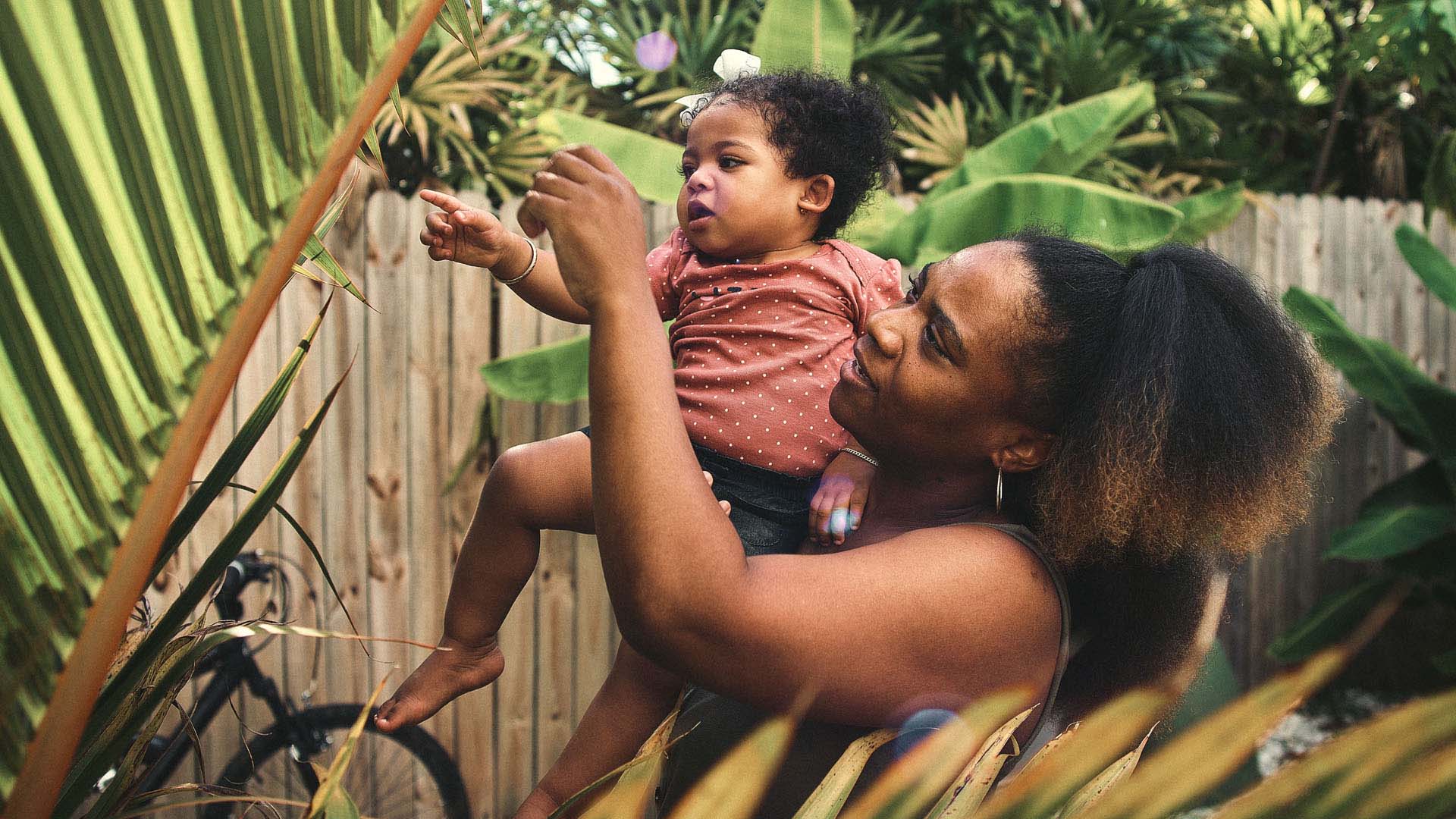Pam: It’s critically important that each of us live into our Values at BMS. We are leading with our Value of Inclusion, because we know that diversity around the world is very different. Diversity includes the broad ranges of personal, physical and social characteristics such as gender, race, ethnicity, socioeconomic status, nationality, veteran status, sexual orientation and ability. Inclusion and belonging ensure that our colleagues, patients, and communities’ unique perspectives are heard, valued, and rewarded and that everyone has an opportunity to contribute to transforming patients’ lives through science. Also, research shows that there’s a direct correlation between diverse leadership teams, innovation and profitability.
In 2020, we set bold goals to reach gender parity and increase the diversity of our executive teams at the Vice President Level and above by 2022. We more than doubled our Black/African American executive representation in the U.S. We increased the representation of global female executives to nearly 49%, a 10 percent increase in just two years, but slightly below our goal of 50% by 2022. We also increased the representation of our Hispanic/Latino executives to 6.1% but slightly below our goal of 7.4%.
Our advancement of these goals has been impressive, and we know there’s more to do to sustain our progress. This year we are extending our workforce representation goals to 2025 and expanding its scope to include Executive Directors and above (ED+). Expanding the goal to Executive Director will impact a larger number of leaders in the organization and will strengthen our internal pipeline for the next generation of leaders. Our expanded goals are to increase the representation of Black/African American executives (ED+) in the U.S. to 10% by 2025 and increase the representation of Hispanic/Latino executives (ED+) in the U.S. to 11% by 2025.
We are proud of the meaningful progress we’ve made on achieving gender parity in our overall workforce population since 2015 and that we are close to achieving parity at the executive levels. Although we are not establishing forward-looking representation goals for female, Asian American Pacific Islander, or employees representing additional dimensions of diversity at this time, we remain fully committed to the development, advancement and engagement of all colleagues at BMS. We believe our approach will enable us to engage a broader set of experiences, backgrounds and perspectives to drive equitable outcomes for all.
Michelle: Inclusion and intention go hand in hand. I support leaders to intentionally break down silos and encourage new ways of working across teams, partners and the industry. Purposeful inclusion will drive equal opportunity and sustainable change and collaboration is key across business and industry.
I am proud to share that we have achieved our goal of spending $1 billion with diverse-owned businesses three years early. This was achieved by ensuring that diverse-owned suppliers had a full opportunity to compete for contracts with BMS. Investing in diverse suppliers drives economic empowerment for communities where our patients live.
In less than two years, we’ve located 58% of clinical trial sites in highly diverse regions of the U.S., to make it easier for everyone to participate in the development of critical, often lifesaving, therapies. This goal was achieved three years earlier than expected.
Pam: I’d also add “engagement” as a key word when we’re talking about our strategy. Inclusion, intention, engagement. To address health disparities and conditions that disproportionately impact diverse communities, we must authentically and intentionally engage these communities in the solution. Michelle, I know your team is driving a lot of that work via health equity grants. How is some of that taking shape?
BMS Health Equity Grants Target Social Determinants of Health
Michelle: To care holistically and comprehensively for our patients social determinants of health must be addressed – things like food security, health education, transportation, access to care because patients need those essential and immediate needs met. And we must authentically engage people at a grassroots level to really drive solutions.
Between 2020 and 2022, we’ve provided $100 million in grants from BMS Corporate Giving to increase education and awareness and eliminate access barriers for patients. We are well on our way to meeting our goal of $150 million in grants by 2025.
We intentionally partner with organizations with deep community ties and networks.
Similarly, the BMS Foundation, an independent charitable organization, has created The Winn Award Program, which is currently training 114 early-stage investigator physicians, and provided an immersive experience for 44 medical students in community-based clinical research.
Pam: I’m proud of the progress we’ve made. It’s the result of shared, purposeful action from our teams around the world to drive authentic cultural and societal impact.
Michelle: I can’t wait to see where we go next.


